Although tea is beneficial to health, it is important to note that some teas should not be consumed, as they may instead be harmful to health. Please remember the following ten taboos.
First, avoid drinking tea on an empty stomach
Drinking tea on an empty stomach allows the tea's properties to enter the organs, cooling the spleen and stomach, which is like "inviting a wolf into the house." China has long had the saying, "Do not drink hollow tea."
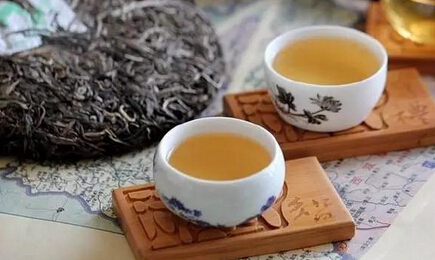
Second, avoid drinking tea that is too hot
Tea can strongly irritate the throat, esophagus, and stomach. Long-term consumption of overly hot tea may cause lesions in these organs. According to foreign studies, those who frequently drink tea above 62°C are more prone to damaged stomach walls and stomach diseases. The ideal temperature for drinking tea is below 56°C.
Third, avoid drinking cold or lukewarm tea
Hot tea can refresh the mind and sharpen the senses, while cold tea may cause stagnation, cold, and phlegm accumulation.
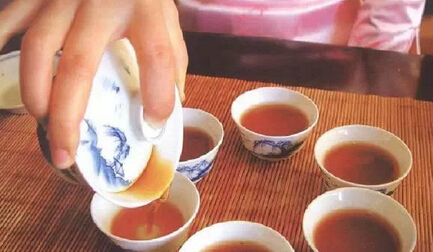
Fourth, avoid strong tea
Strong tea contains high levels of caffeine and theophylline, which are stimulating and may cause headaches and insomnia.
Fifth, avoid steeping tea for too long
If tea is steeped for too long, compounds such as tea polyphenols, lipids, and aromatic substances oxidize automatically, resulting in a dark, tasteless, and low-aroma tea that loses its value. Moreover, vitamins C and P, amino acids, and other nutrients decrease due to oxidation, greatly reducing the tea's nutritional value. Additionally, if tea is left standing for too long, it becomes contaminated by the environment, and the number of microorganisms (bacteria and fungi) in the tea increases, making it unhygienic.
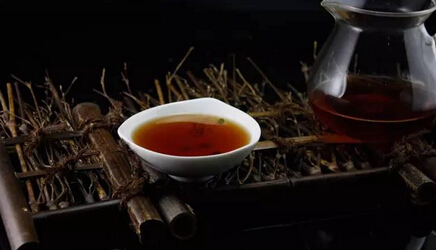
Sixth, avoid too many infusions
Generally, tea can be steeped 6-7 times in a gaiwan, but with other containers, there is little tea essence left after 3-4 infusions. Tests show that the first infusion extracts 50% of the water-soluble substances, the second 30%, the third 10%, and the fourth only 1-3%. Further steeping may leach harmful elements from the tea leaves, as trace harmful elements are often released last.
Seventh, avoid drinking tea before meals
Drinking tea before meals dilutes saliva, dulls the taste of food, and temporarily reduces the digestive organs' ability to absorb protein.
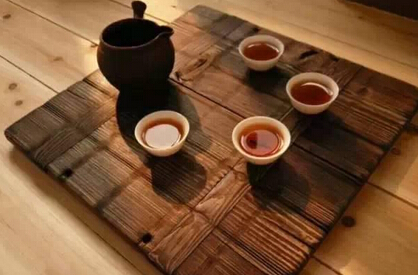
Eighth, avoid drinking tea immediately after meals
Tea contains tannins, which can coagulate with proteins and iron in food, hindering the body's absorption of these nutrients.
Ninth, avoid taking medicine with tea
Tea contains large amounts of tannins, which break down into tannic acid and can combine with many drugs, causing precipitation, hindering absorption, and reducing efficacy. Hence the saying, "Tea neutralizes medicine."
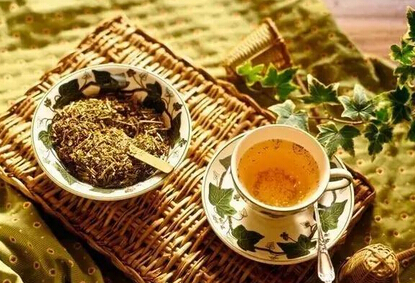
Tenth, avoid drinking overnight tea
As overnight tea has been standing for too long, its vitamins are lost, and proteins, sugars, and other components become breeding grounds for bacteria and mold. However, unconsumed overnight tea does have some medicinal uses. For example, it is rich in acid and fluoride, which can stop capillary bleeding; it can treat oral inflammation, tongue pain, eczema, gum bleeding, skin bleeding, and sores; rinsing the eyes with overnight tea multiple times a day can reduce redness or tearing; and rinsing the mouth with overnight tea before or after brushing teeth or after meals can freshen breath and strengthen teeth.